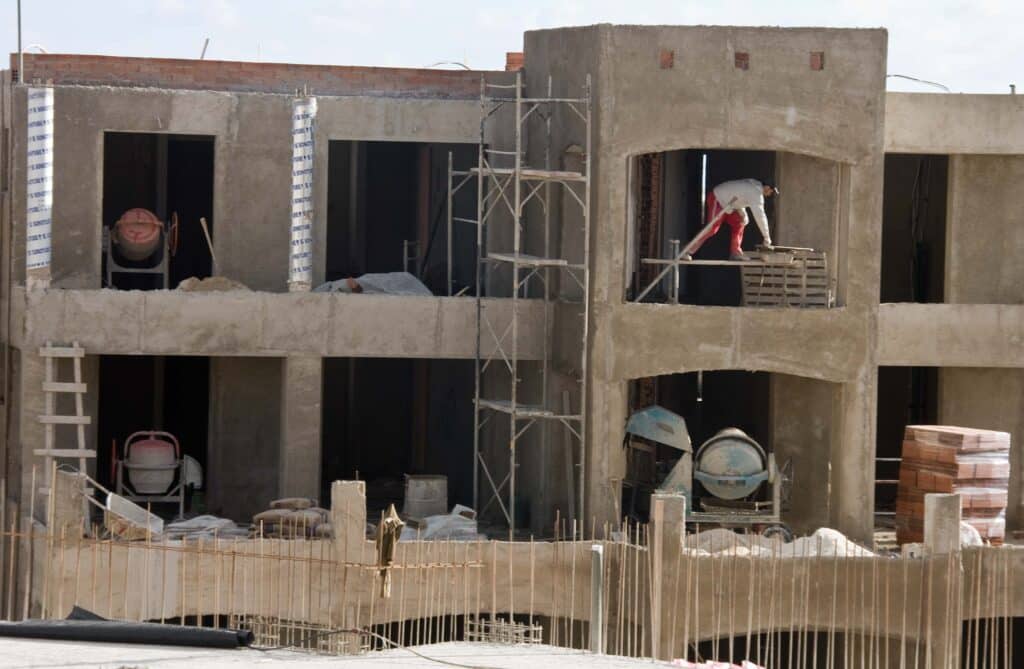Akel leader Stefanos Stefanou on Thursday outlined a list of “problematic points” in the government’s housing policy.
Speaking at a press conference, he first took credit for the positive elements of Christodoulides’ policy, saying they were “largely the result of political pressure we exerted with our campaign” during the 2023 presidential elections.
However, since then, he said, his party has identified a number of issues with the government’s stance.
First, he said, “the impact of government measures has not been sufficient to increase the supply of housing to meet the existing demand for real estate and society’s needs.”
He said that in addition and more importantly, “the government has not provided an answer to the great problem of financing for the acquisition of housing.”
“To these two problematic points, we can now add a third: the lateness and the long delay in the implementation of these programmes. Delay perpetuates and exacerbates these problems,” he said.
With this in mind, he said the government’s revision of urban planning incentives, despite coming into effect immediately, “did not perform as expected”.
He added that the “renovate-rent” scheme has “not yet been implemented, despite the fact that the government had announced it would be in force from January”.
In addition to this scheme, he pointed out that the “build-to-rent” plan is still pending since the necessary studies have not been carried out, the plan to allocate plots to families “shows zero progress”, and the housing subsidy for young couples has not been implemented.
He also pointed out that delays have also been experienced in the government’s “Ktizo” scheme for internally displaced persons. The government’s latest projection is that the construction of new homes under the scheme will begin in July.
As well as the problems caused by delays to government schemes, he also highlighted issues such as “skyrocketing” borrowing costs, the fact that there are “no viable financing options” for those attempting to get onto the housing ladder, and the fact that construction costs are increasing.
In addition, he said, the demand for rental properties is increasing, pushing prices up, thus making it ever more difficult for people to be able to afford to live.
Taking this into account, he outlined a three-point plan to tackle Cyprus’ growing housing crisis.
He said the first point would be “the establishment of a unified housing agency which will have overall policy-making responsibility on the issue of housing.”
“Its role will be to coordinate all the housing programmes, control their implementation, evaluate their results, and regulate the targeting of the government’s priorities,” he said.
The second point, he said, would be “the creation of a financing body with state assistance on the basis of socioeconomic criteria so as to increase small- and medium-income families’ chances of being able to buy a house.”
His third point was that the state should take a “substantial initiative” to increase housing stock.
“If the government does not respond to these critical issues, there will be no comprehensive housing policy,” he said.
He added, “the problems created by the housing crisis are affecting a significant proportion of Cypriot society. There needs to be real will and concrete policies to solve this problem.”







Click here to change your cookie preferences